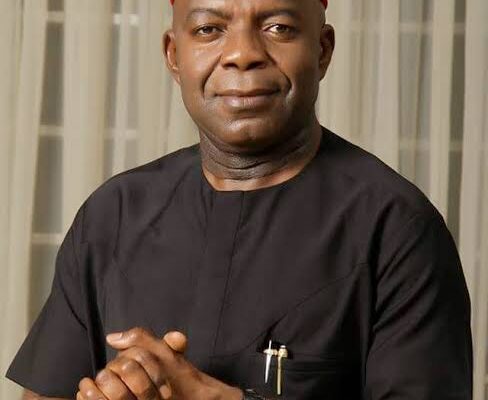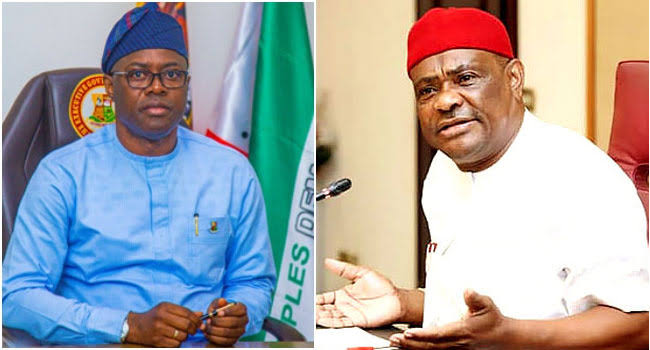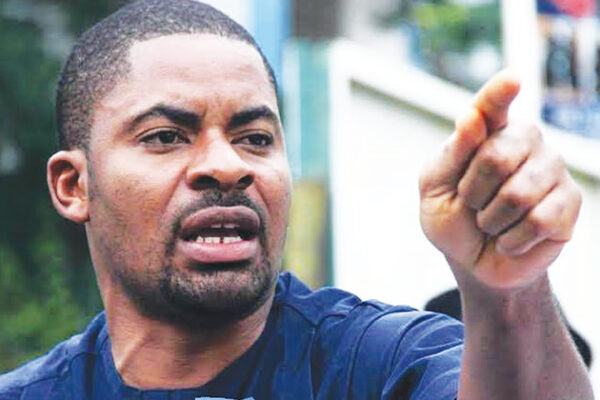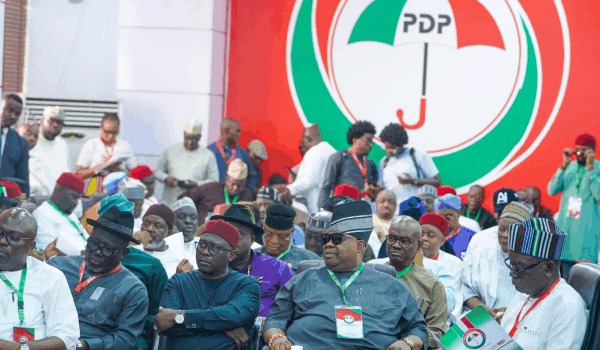
Alex Otti Says Politicians Should Write Their Will if They Attempt to Rig 2027 Elections
Abia State Governor Alex Otti has emphasized that the “will” of God and the people will determine the outcome of the 2027 governorship election, warning politicians against trying to manipulate the results. Speaking on Thursday during the October edition of Alex Otti Speaks to Abians at the Government House, Umuahia, the governor stressed that while he welcomes anyone who wishes to contest, those planning to rig the election should be prepared to face consequences. “I have heard that some people around him say they must take over this state, they must write results, but the only advice I have for them is that if they truly want to write results, they should write something else before that time. You know what it is? Their will,” Otti said, highlighting that no human action can override divine and popular will. His remarks came in response to statements reportedly made by Deputy Speaker of the House of Representatives, Benjamin Kalu, who claimed the All Progressives Congress (APC) intends to take over Abia in 2027. Otti’s warning comes amid early political maneuvering ahead of the next governorship election, following his 2023 victory under the Labour Party that ended over two decades of Peoples Democratic Party dominance in the state.




